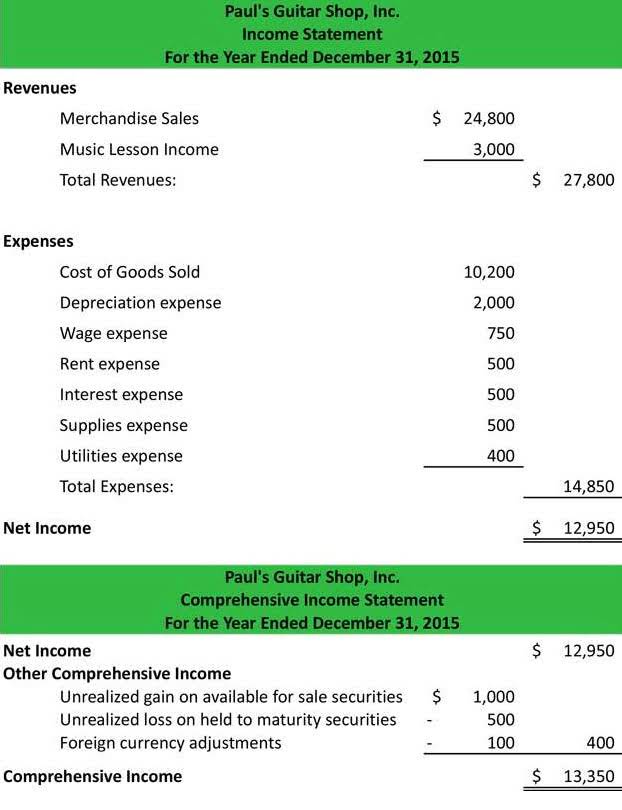Currently Empty: 0.00zł
What is Invoice Factoring and How Does It Work? Invoice Financing vs Invoice Factoring

Now that you know who is involved in the factoring process, you can begin to understand the steps that go into it. Invoice factoring is just one way to get immediate cash for your small business. All these fees will be spelled out in a factoring agreement, which you may be able to negotiate, depending on the vendor.
Invoice factoring: What it is and how to use it

That’s because spot factoring is inherently riskier to the factoring company, making features like non-recourse factoring less attractive to offer. Invoice factoring also allows contractors and subcontractors to manage a more flexible cash flow and funding for their operations. In an industry where businesses deal with other businesses and payments can be very difficult to collect, factoring can be one of the more convenient financing options.
- One of the easiest ways to prevent cash flow issues is to actively manage your accounts receivable.
- To show how invoice factoring works, let’s say you’re the VP of Product at Alcove, a platform that connects general contractors with businesses seeking construction services.
- Invoice financing (or accounts receivables financing) involves using your invoices as collateral to get a secured business loan that you’ll repay when you’re paid.
- Lenders may also consider the age of business and any available collateral.
- In the scenario given above, the business owner is able to secure immediate cash without having to wait for the 60-day deadline.
- It also clearly explains the rights and obligations of both parties.
- Another potential disadvantage is the change in the relationship with your customer.
Keep Your Extended Payment Terms
This helps us determine if invoice factoring will help you and if different factoring options might be a better option for your needs. We do NOT want to recommend a service that is not a perfect fit – we are looking to build a long-term relationship. At this point, you will have a clear idea of all the factoring costs and a general timeline. Whole turnover factoring involves selling all invoices over an extended time periodIt encompasses the company’s entire accounts receivable portfolio of business.
What Is a Factoring Company?
Selective factoring is a type of invoice factoring where individual or small bundles of invoices are factored, as opposed to large amounts or the entire sales ledger. Payment terms refers to the agreed timeframe your customer has to pay you after you have invoiced them. Common payment terms are 30 days, 60 days, and 90 days (that is, payment is due 30, 60, or 90 days after you deliver your goods or services and issue the invoice to your customer). Disbursements are additional fees charged by the factoring company for administrative issues, credit checks, etc.

Additional qualifications include having invoices for completed work to creditworthy clients, no liens on A/R you can’t get removed, and a few documents. These include your Articles of Incorporation, bank statements, and customer contracts. Now that you know how invoice factoring works, you can determine if it is applicable to your business financing needs. It can be a valuable financial tool to support your company, whether it be to sustain cash flow or use the advance for other business-related expenses.
Factoring accounts receivable is a faster way for indebted companies to receive their payments. Instead of waiting for their customers to pay their invoices, a company can sell them to a factoring business. In exchange, the company receives working capital to use for other purposes, such as completing a project or purchasing resources it needs to continue operations.
For instance, if a factoring company charges 1% per week and your client takes four weeks to pay, you’ll owe 4%. CHOCC factoring is a type of invoice factoring where you still chase payment for the invoices you’ve factored, rather than the factoring company doing so. Typical ways of ensuring a customer factoring invoices definition pays the money they owe are giving them reminders via email or phone call, both before the money is due and after. As previously noted, one of the primary motivations for signing an invoice factoring contract is to gain more nuanced control over cash flow and to simplify accounts receivable management.
Small-Business Grants: Where to Find Free Funding

Below are the generally applicable steps of how invoice factoring works. CapitalPlus was established in 1998 providing over $1 billion in factoring funds empowering https://www.bookstime.com/ thousands of construction companies all over the US. After we receive your application, we will request a few documents as part of our underwriting process.


